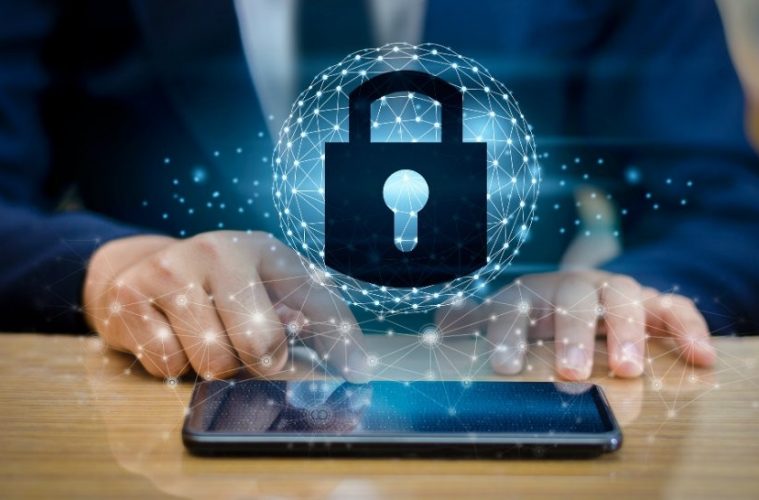You probably devote a lot of your time using your mobile device.
Whether you read emails or make financial transactions, what you do on your smartphone should be confidential. You rely on your device for various tasks, and the tremendous amount of data you store in it should never fall into the wrong hands.
If you’re not careful enough when using your smartphone, there are many risks you can fall into. These includes
- Scams – Whether it’s a phone call, SMS or app you download, a simple tap may be a phishing attempt or scam that can include malicious links.
- Malware and hacking – Through unsecured public wireless networks, smartphones are vulnerable to malware and hacking.
- Loss of device and data theft – Mobile devices are easy to misplace and steal in a moment of distraction. Besides replacement costs, you’re also putting yourself at a risk for data theft. Abusers may manipulate your accounts to access sensitive data and steal your money.
Despite the many risks that come with using a mobile device, you simply can’t go out of the house without using a smartphone. Here are simple tips that will help secure the information you have on your mobile device:
1. Set a passcode
The easiest way for a thief to steal your information on your smartphone is to simply grab it. When out in public, be vigilant and keep a close eye on your mobile device at all times. Add extra protection by setting up a passcode, fingerprint lock, or a PIN.
In case you lose your device, having a touch ID feature will serve as a preventive measure to further protect your personal data.
2. Have a backup
Whether you lose your device or accidentally drop it in the water, it’s important to have a reliable backup of all data on your smartphone. Having a backup lets you have peace of mind knowing that all your personal information in safe in case of phone theft or damage
Depending on the type of device you’re using, you may be able to remotely delete all data if your smartphone gets into the wrong hands. Consider asking your service provider for any apps they can offer to help you protect your data.
3. Update the operating system (OS)
Smartphones use OS to function, and this is significant software that needs to be periodically updated.
Make it a habit to check for available software updates and install them immediately. These updates improve user experience, address security flaws, and protect data on your device.
4. Log out from all accounts
It may be convenient to stay logged in to your social media apps on your device but it’s definitely not a good practice.
If someone can access your phone even for a minute, he or she will be able to view any information in your open apps. To keep your smartphone safe, always log out of apps once you’re done using them.
5. Use security software
Having security software installed is a must for every smartphone user.
The fixes phone manufacturers offer with their operating systems aren’t enough to protect you from other malware attacks. For extra protection, use mobile security software and mobile apps offered by your service provider that can help keep your data secure.
6. Be wary of free Wi-fi
As much as you can, avoid logging into free public Wi-Fi networks. These networks aren’t safe as these may offer cyber-criminals a potential gateway into your device. Take extra time to examine available networks, and connect to a secure and authentic one.
Make sure to never do a financial transaction or access sensitive data while using public Wi-Fi. Even if you’re using a private Wi-Fi network at home, you should still think before you open, click, or download anything from the Internet.
7. Scrutinize apps
A smartphone would be useless without apps.
But before you download apps, be mindful about their safety and the personal information that you’re allowing access to. Download apps from trustworthy sources and make it a routine to periodically delete apps that you’re not using.
If an app looks suspicious, skim the privacy policy, read customer reviews, and research the developer before you even think about installing it.
Carrying your mobile device anywhere makes your personal data susceptible to many dangers.
But as long as you take precautionary measures while using your phone, there’s no reason to stop taking advantage of the benefits of having a smartphone.


